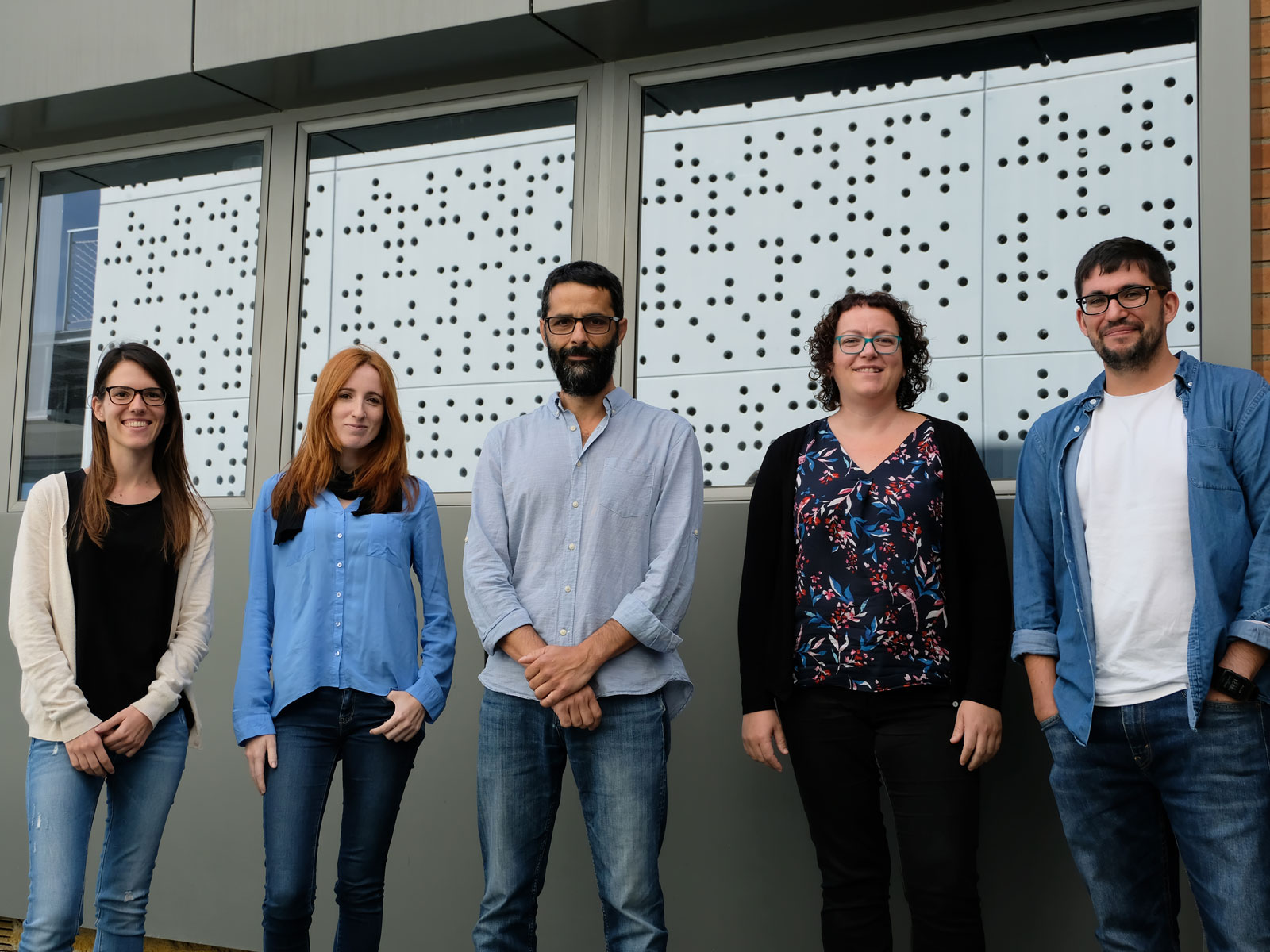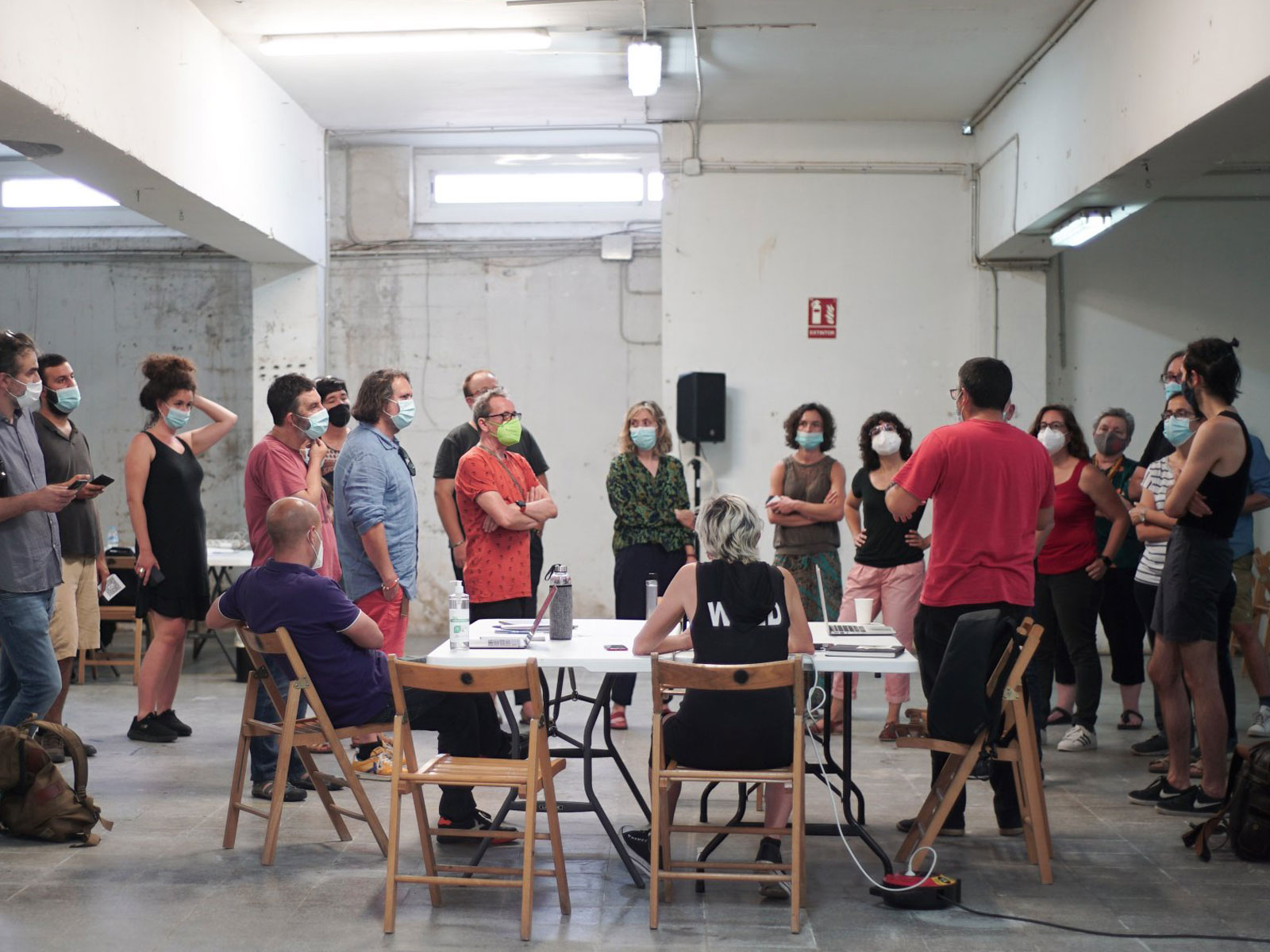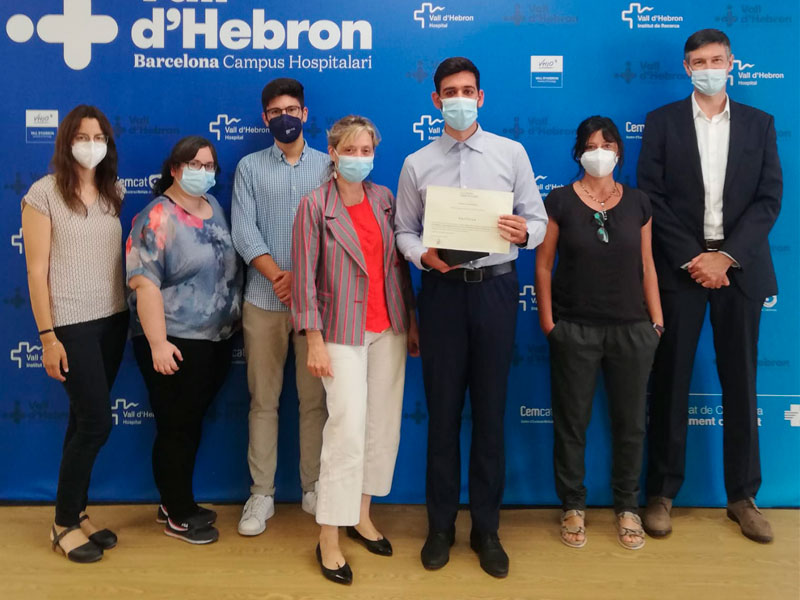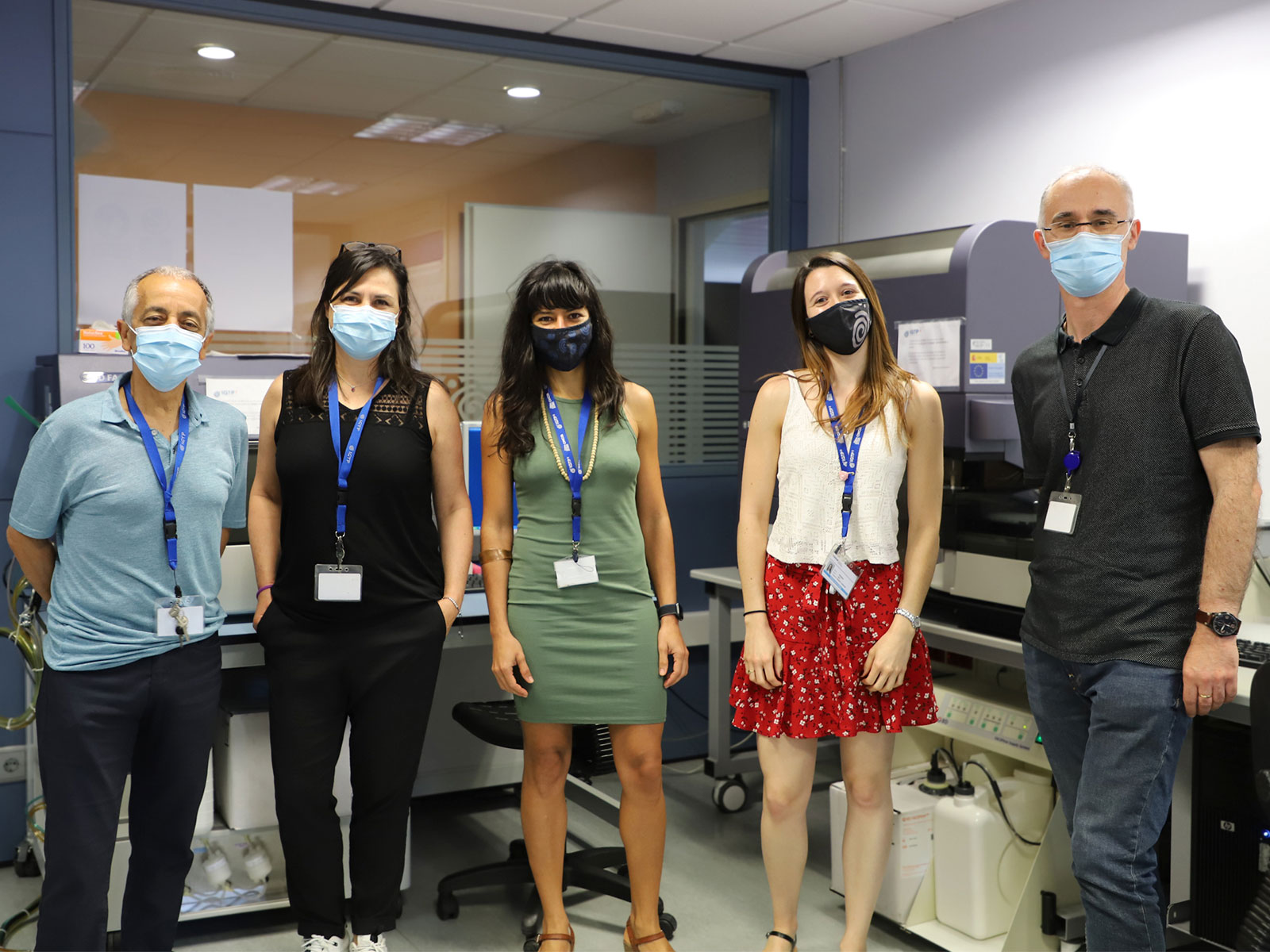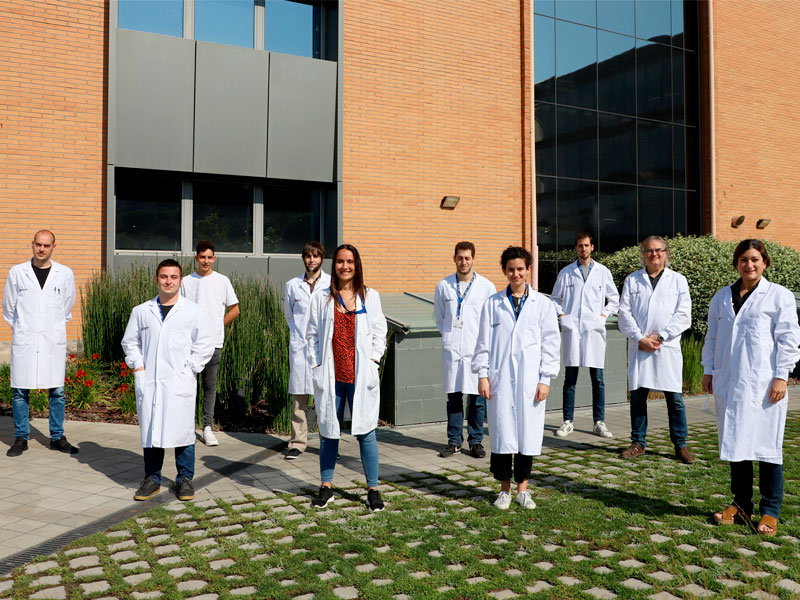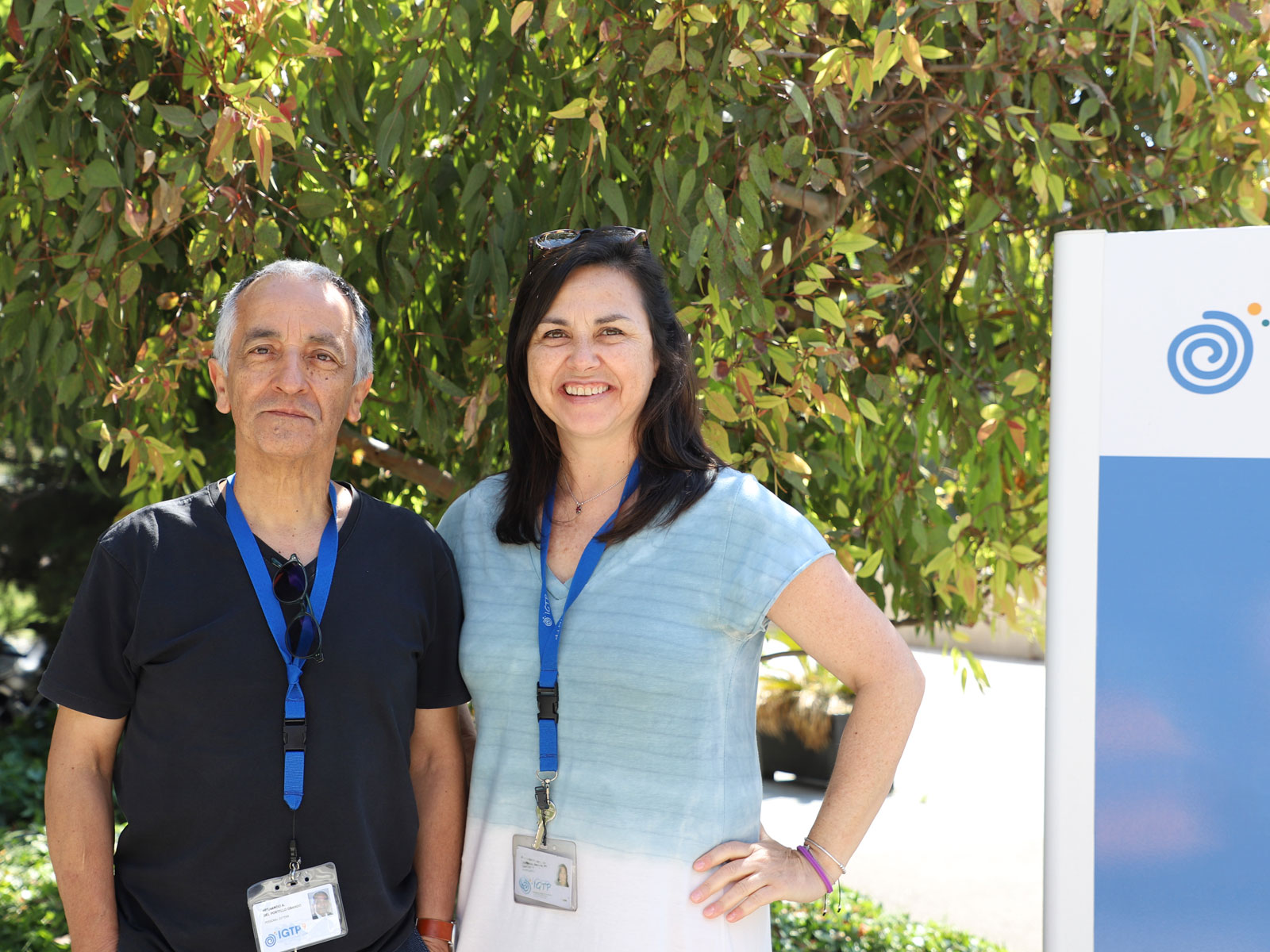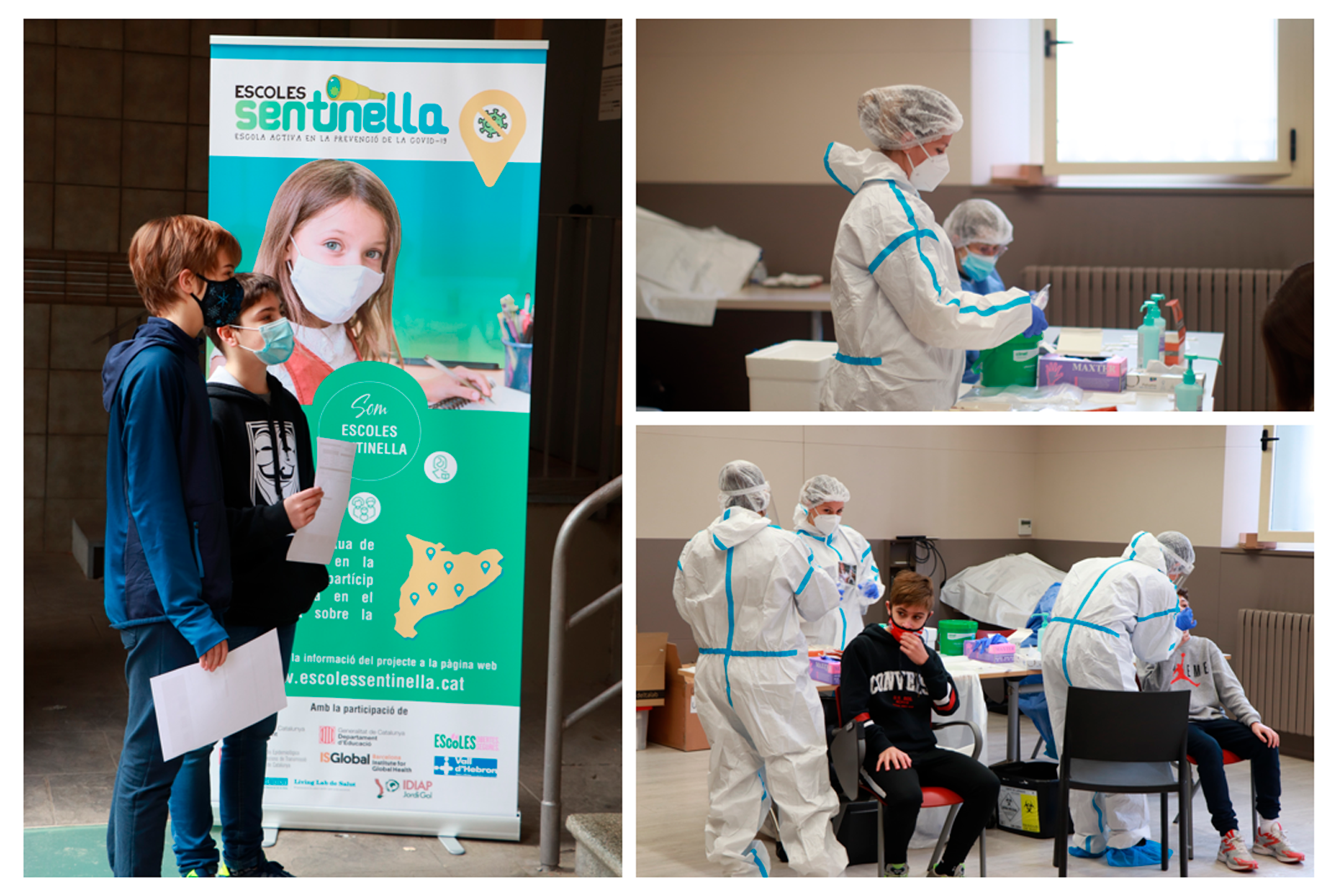The IGTP participates in a worldwide genomic study to identify risk factors for covid-19
An International consortium discovers various genetic markers associated with infection by SARS-CoV-2 and the severity of covid-19. The IGTP forms part of the consortium with the GCAT|Genomes for Life Project, a population cohort of 20,000 people from across Catalonia. The GCAT has contributed the analyzed data of 5,000 participants to the study
